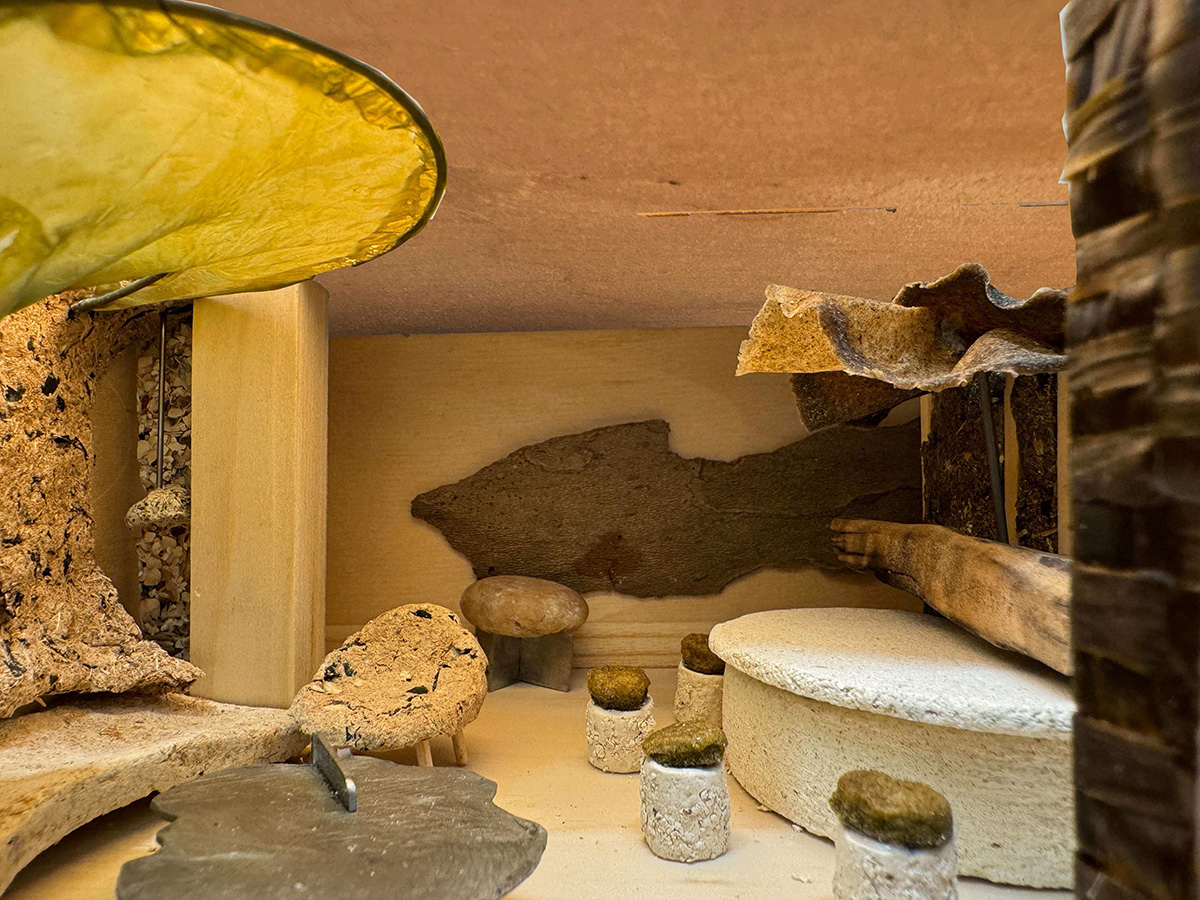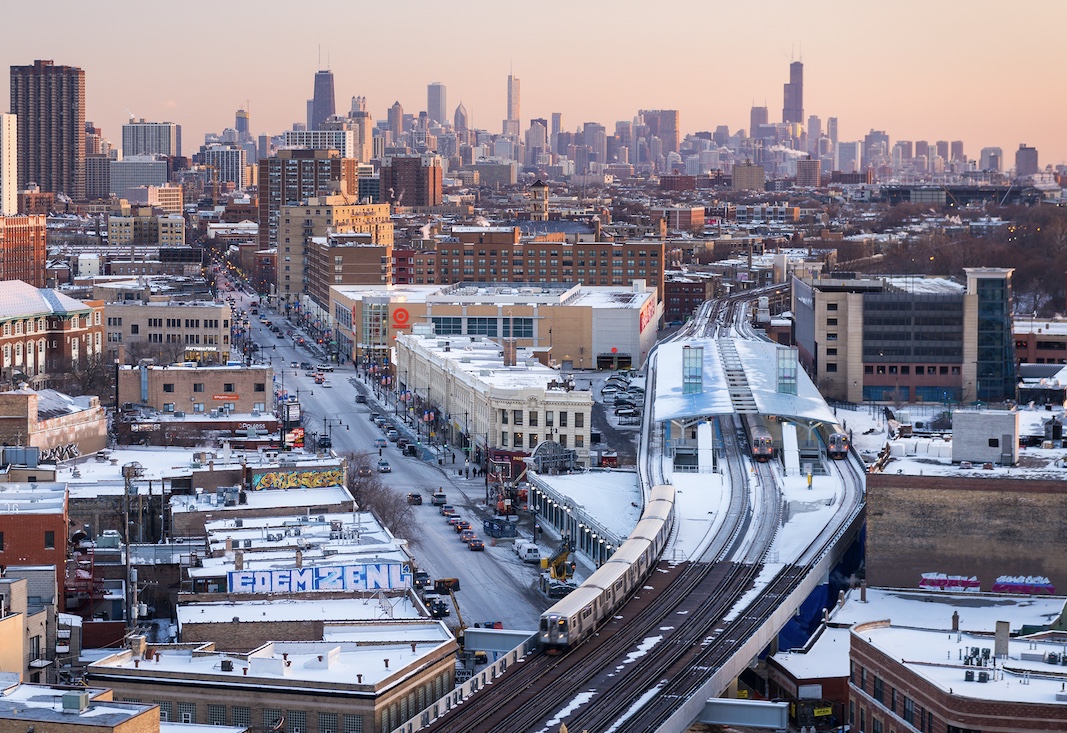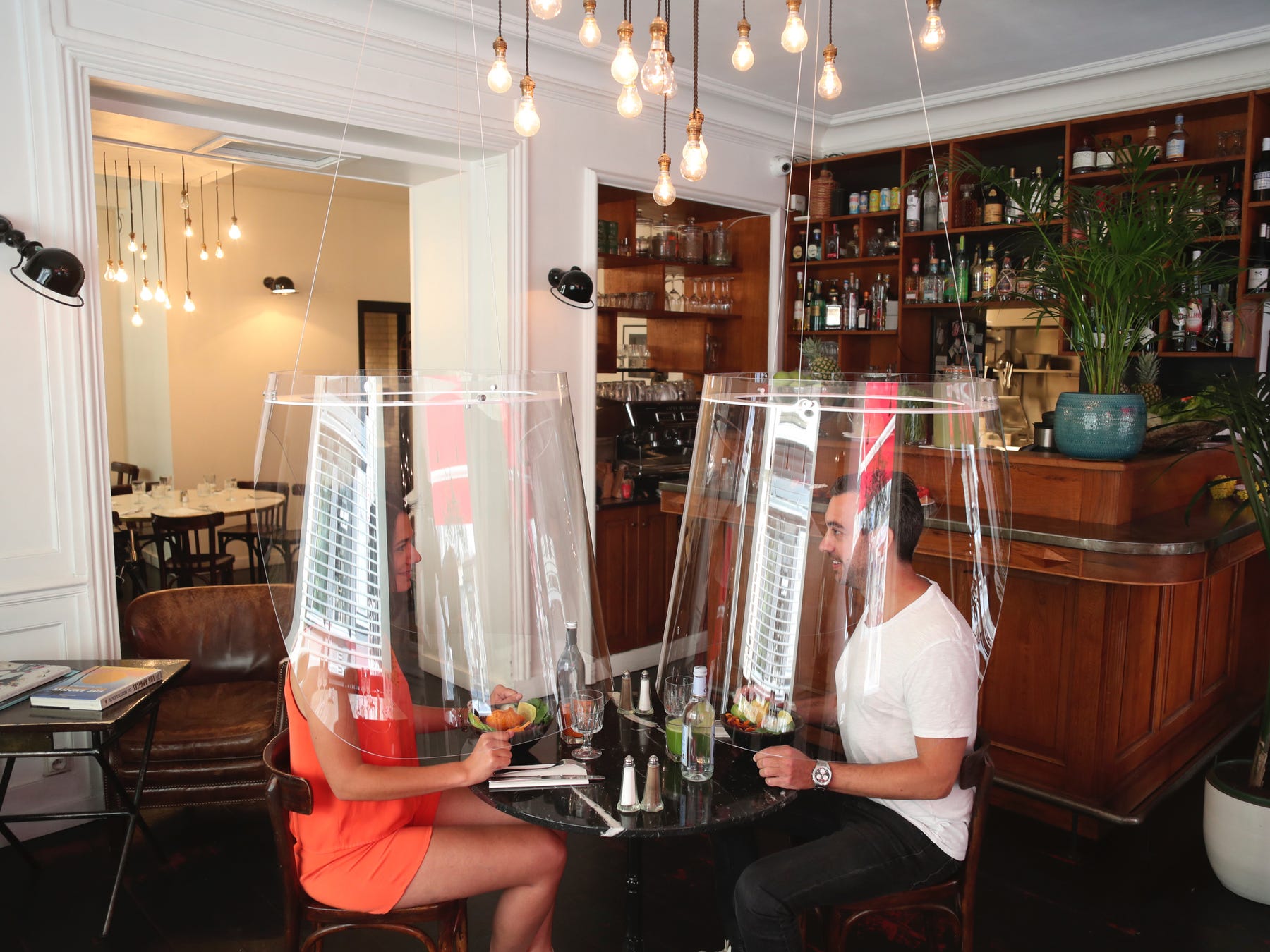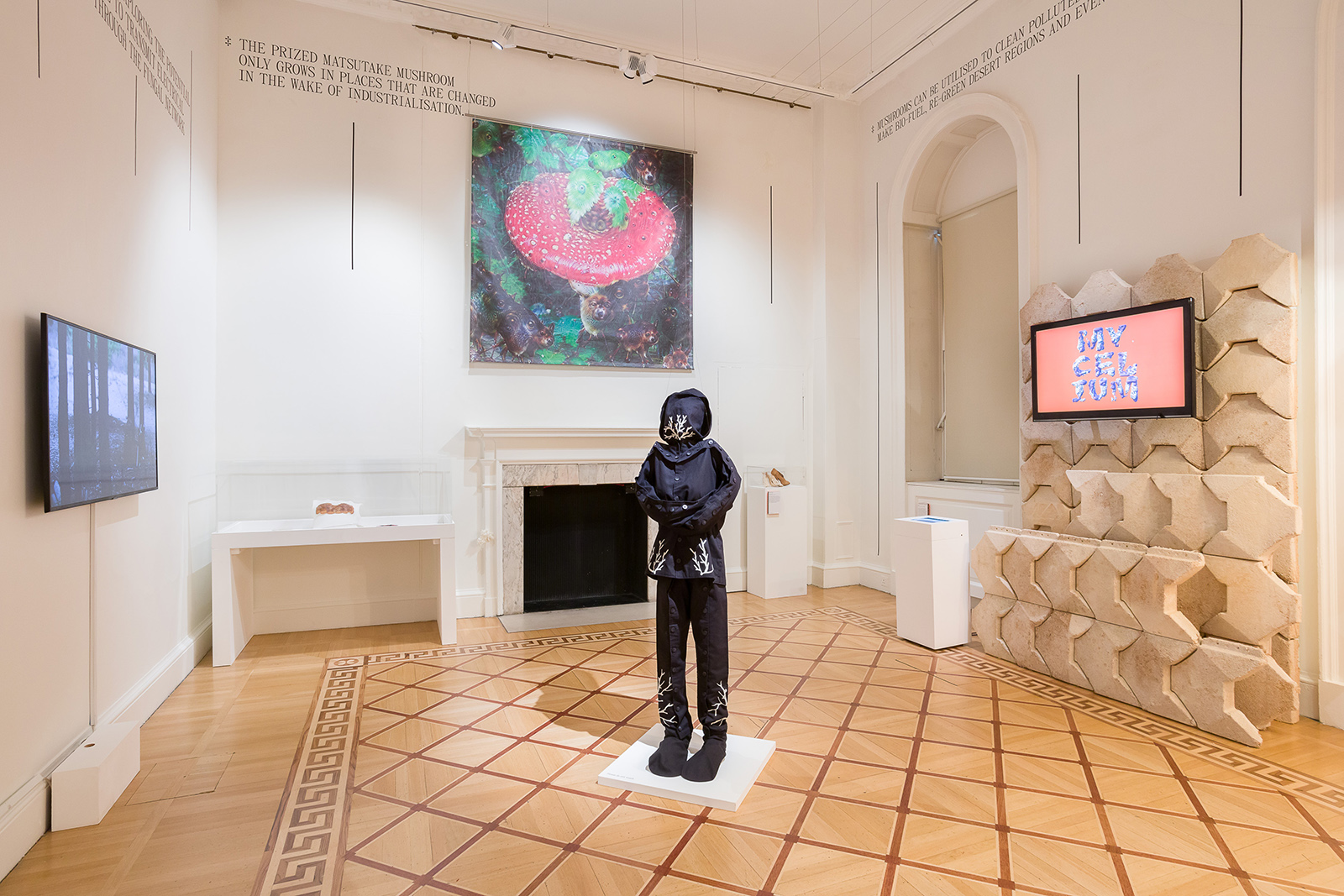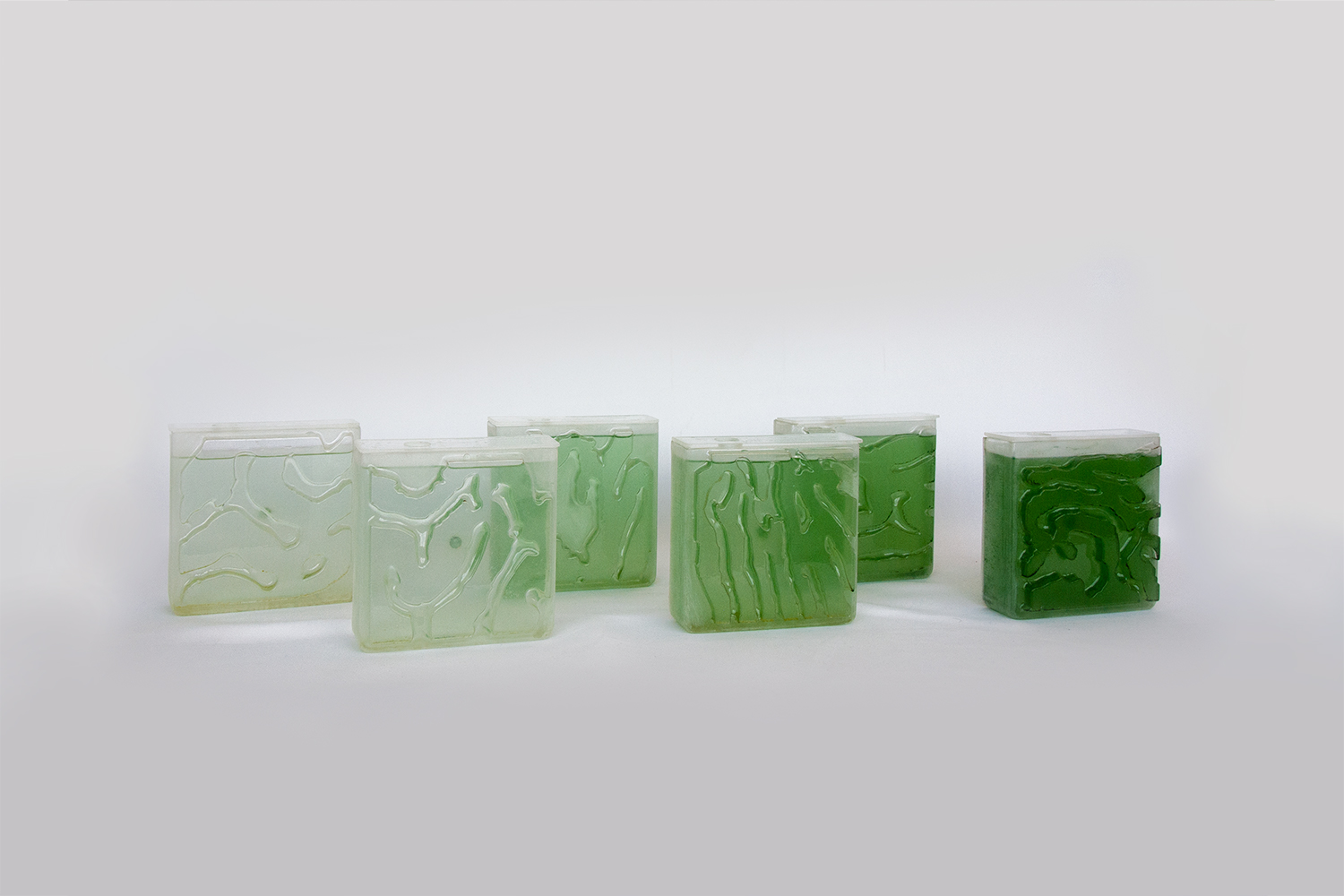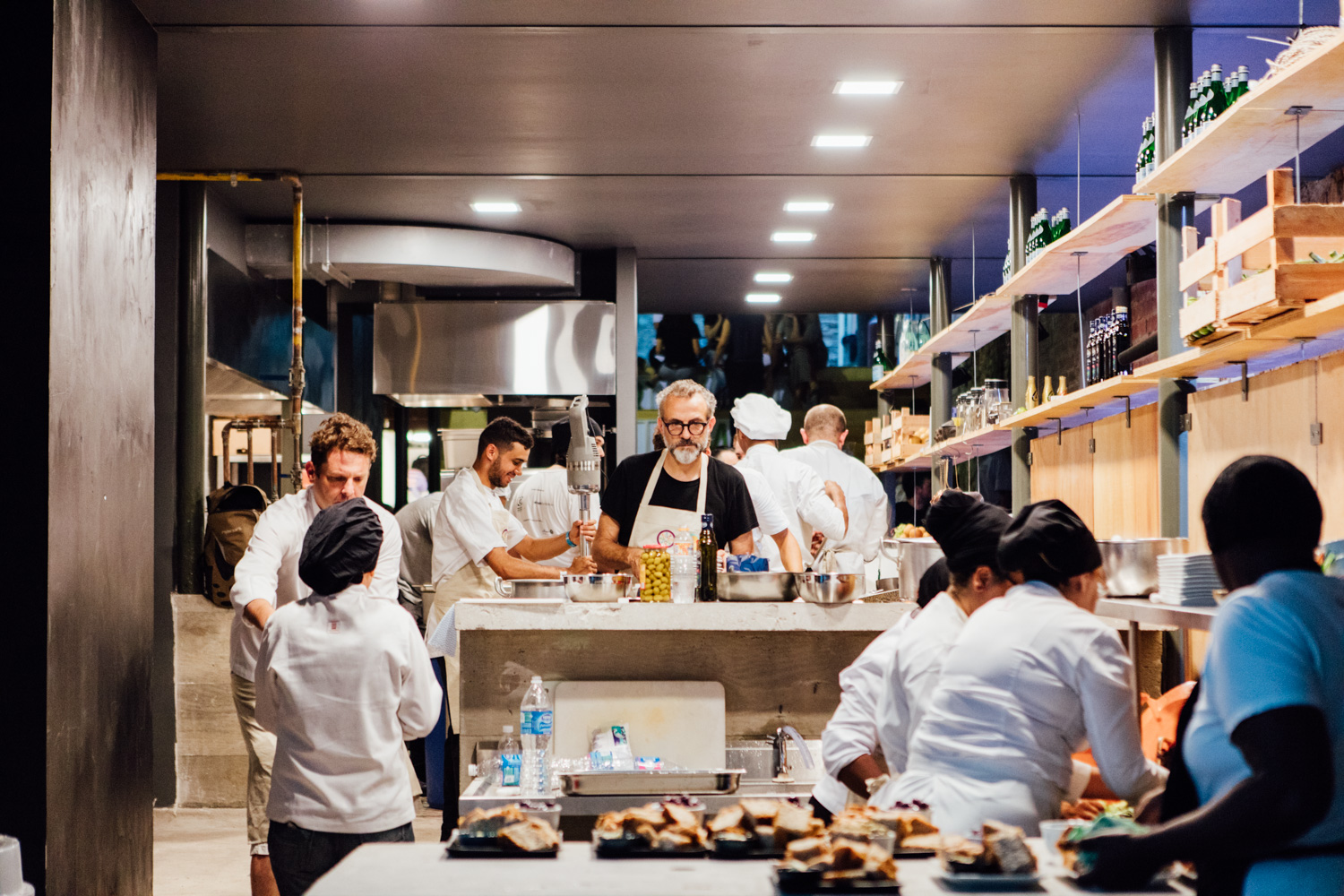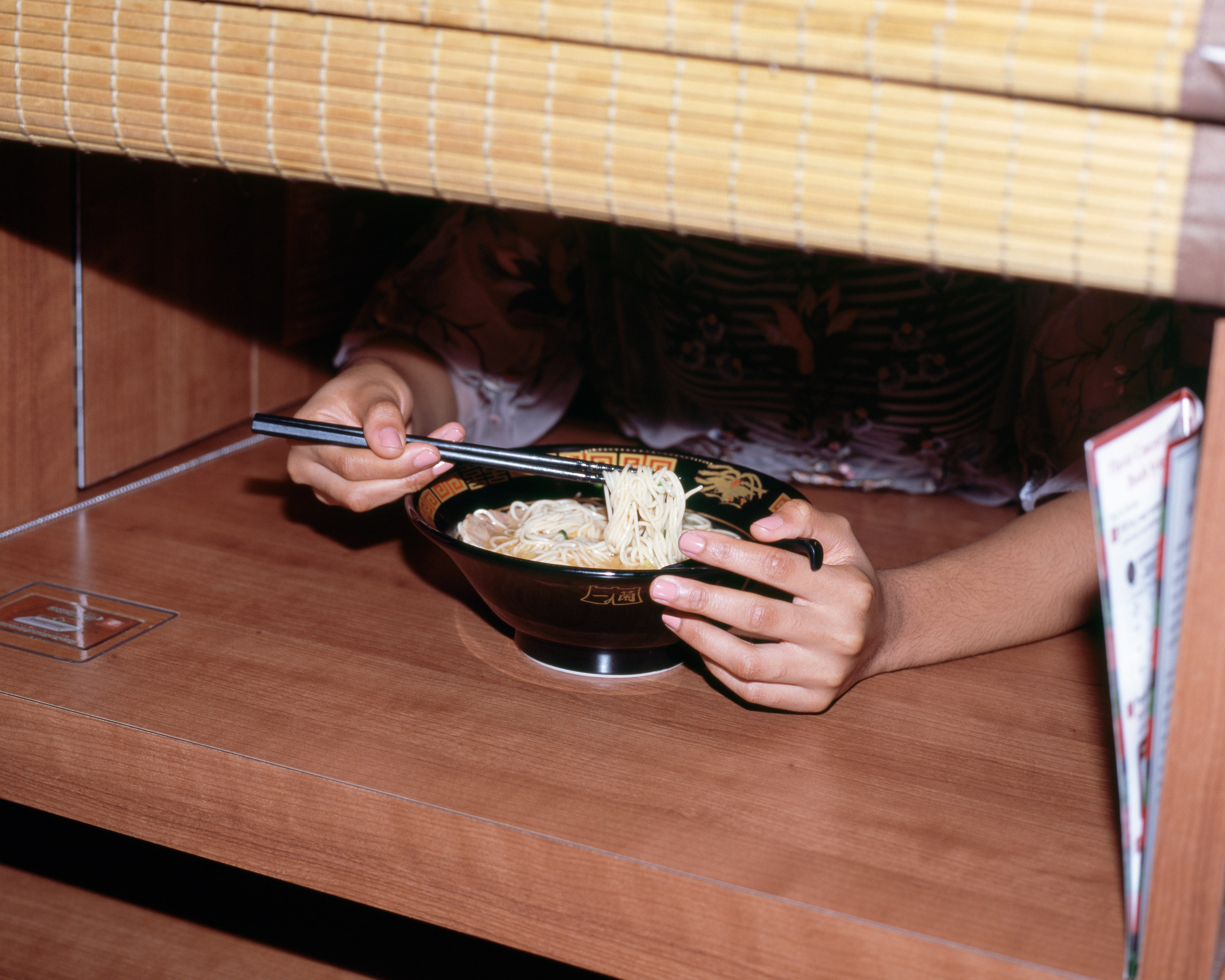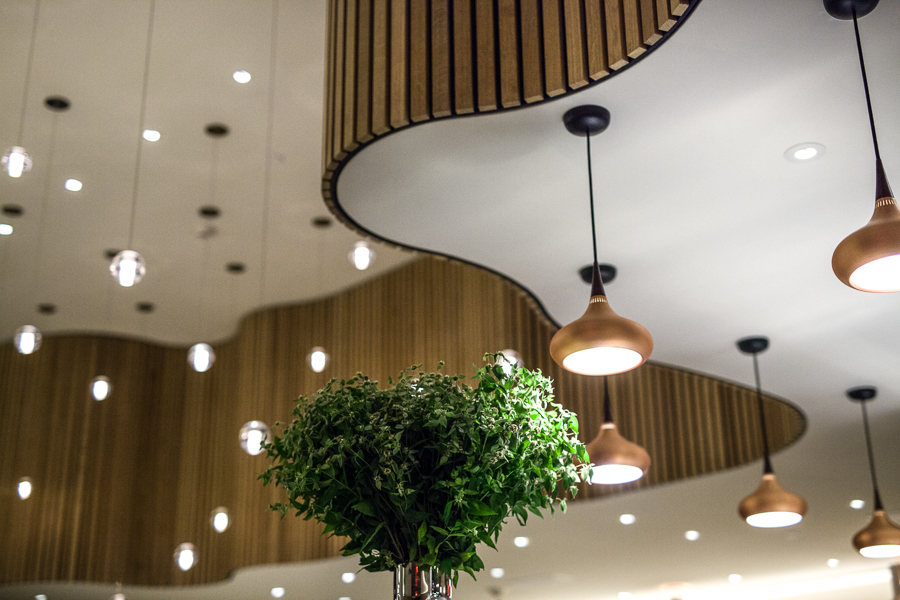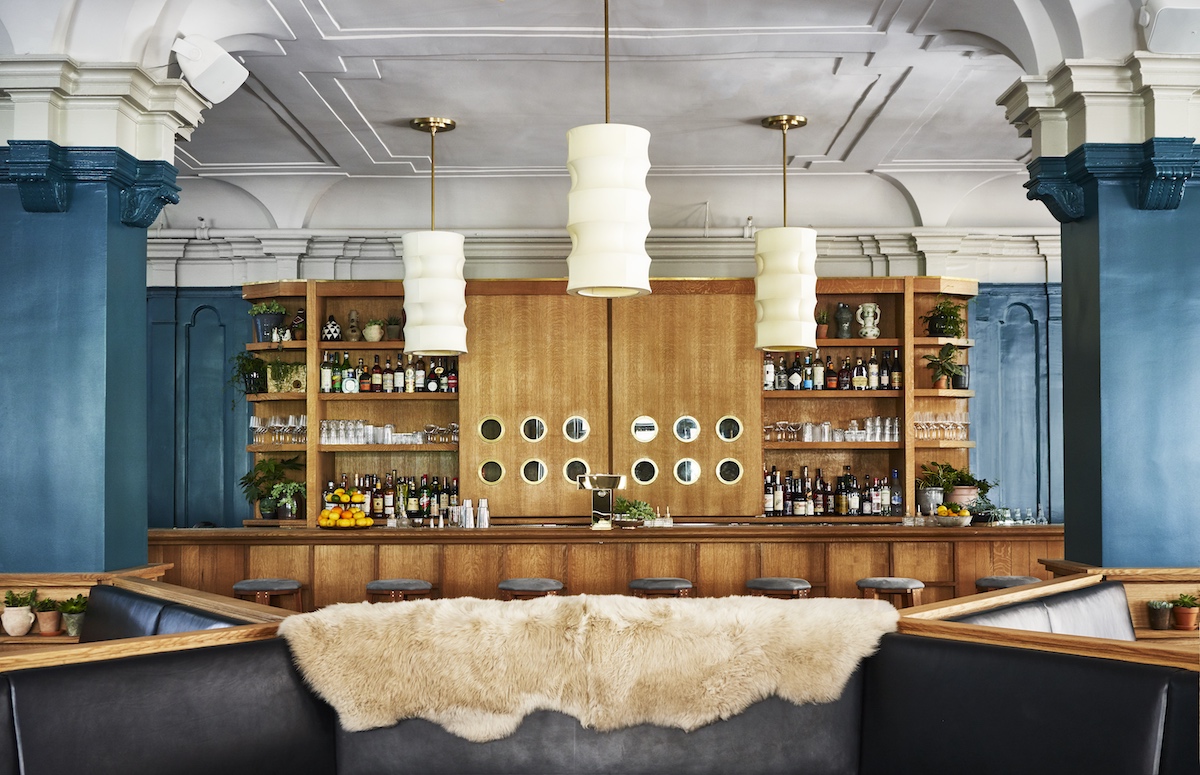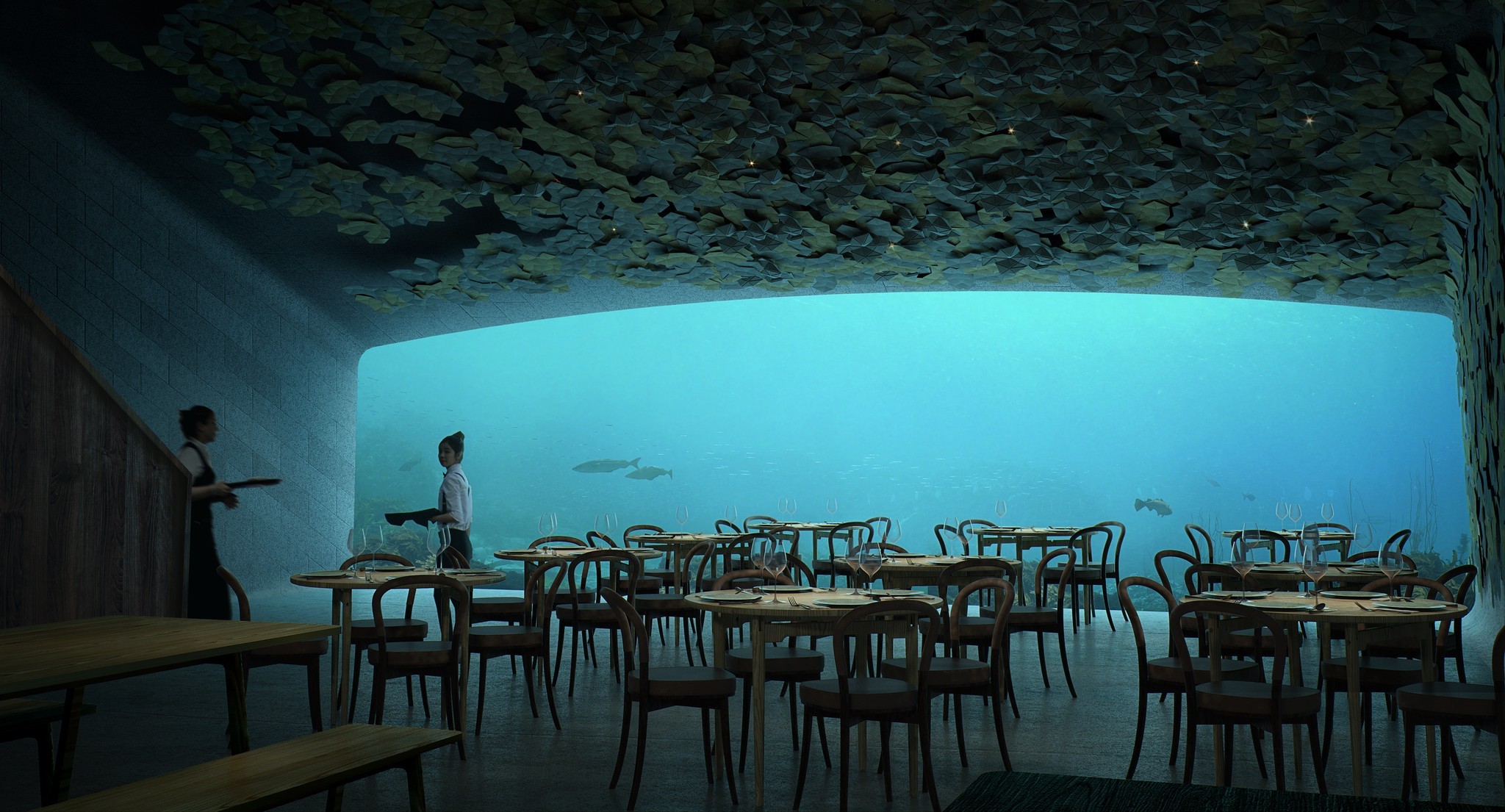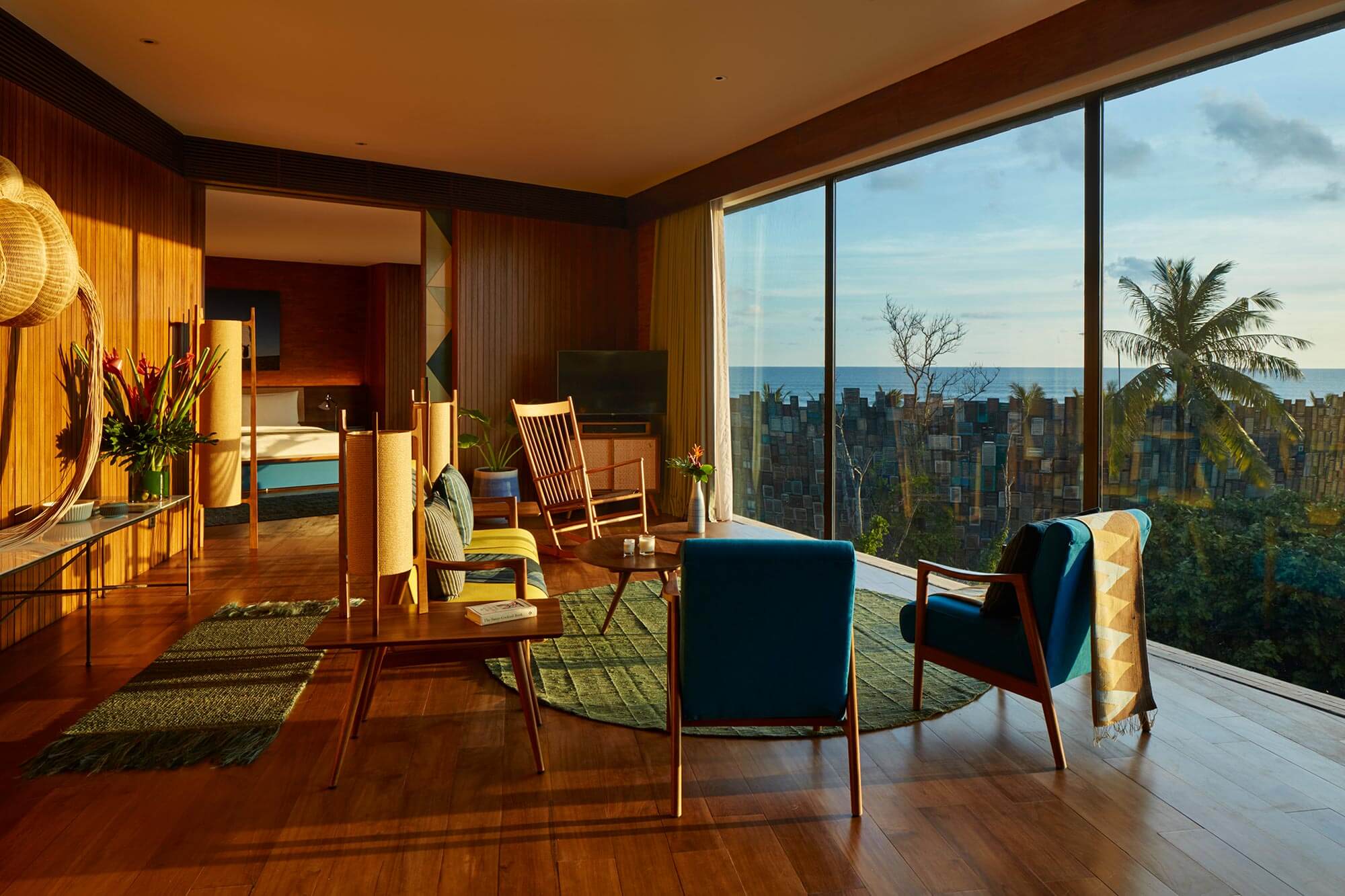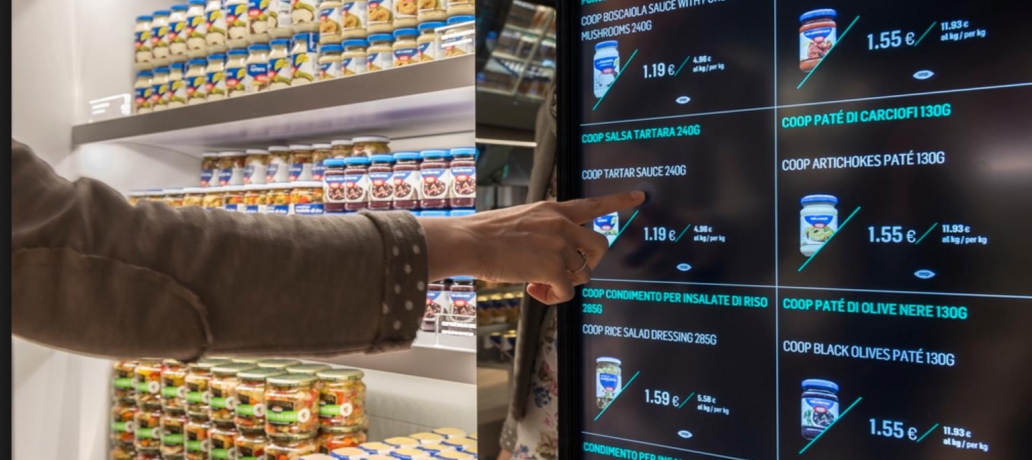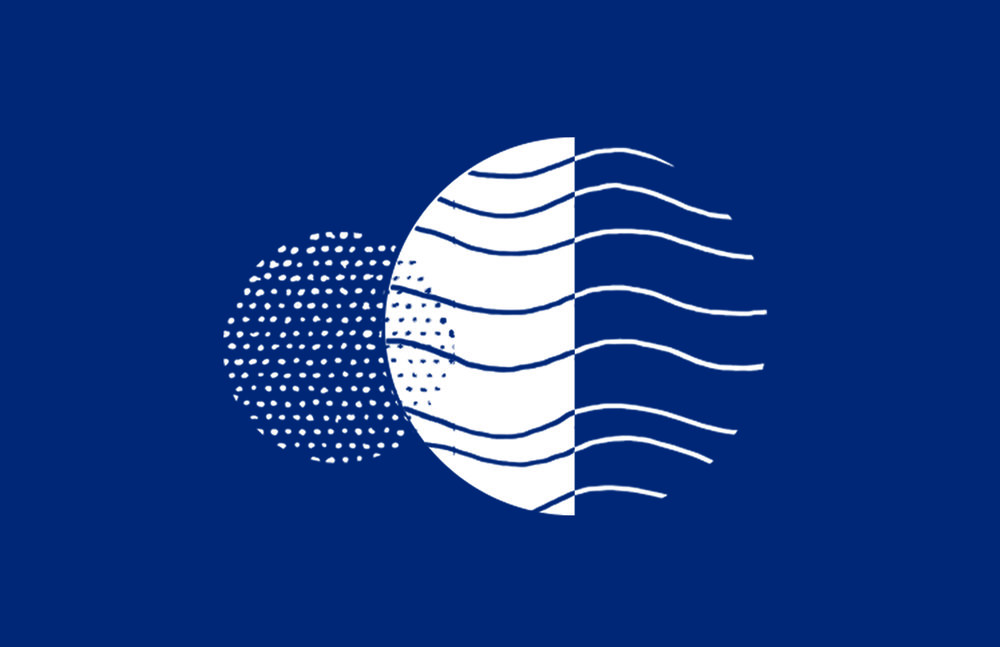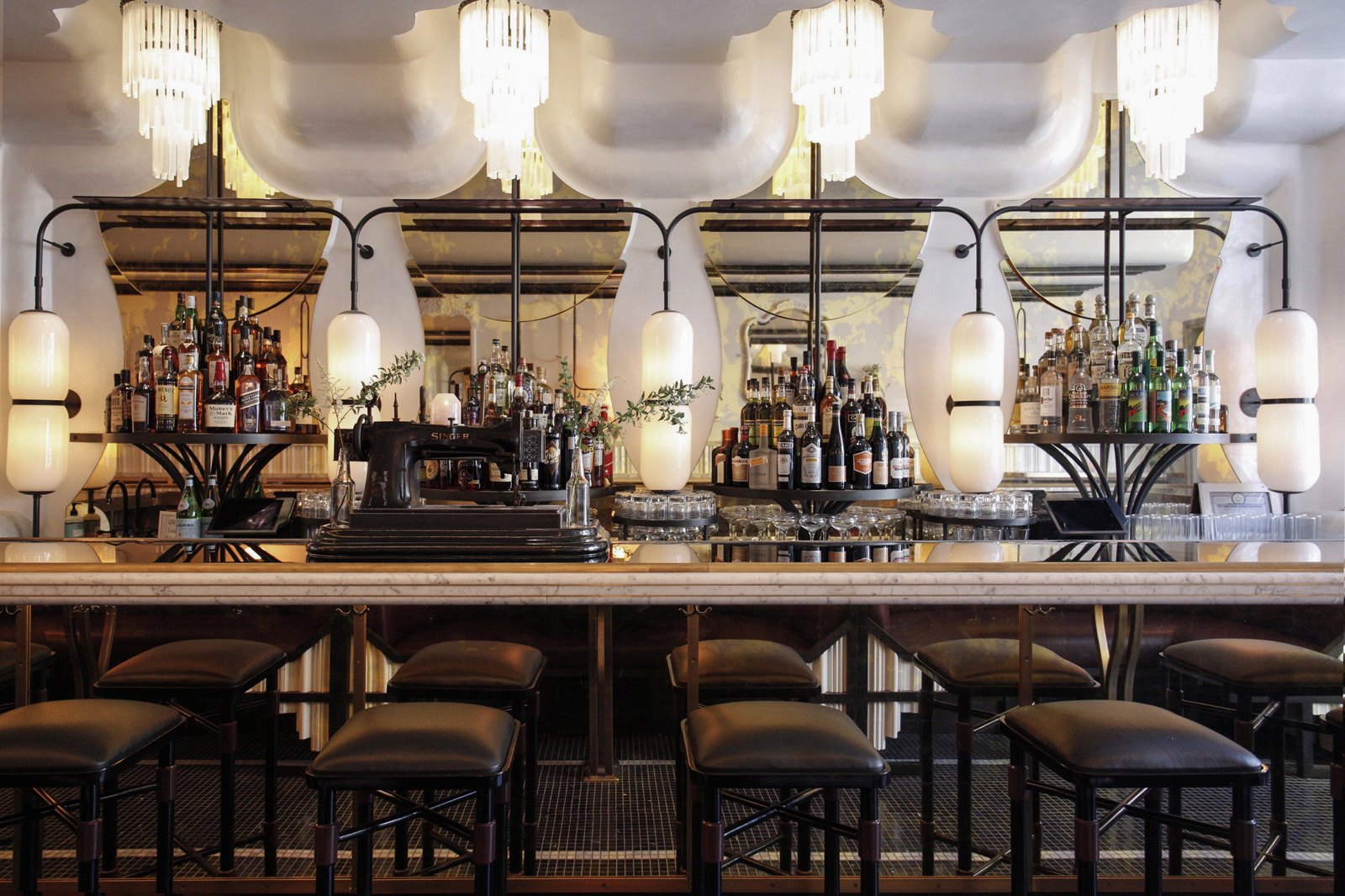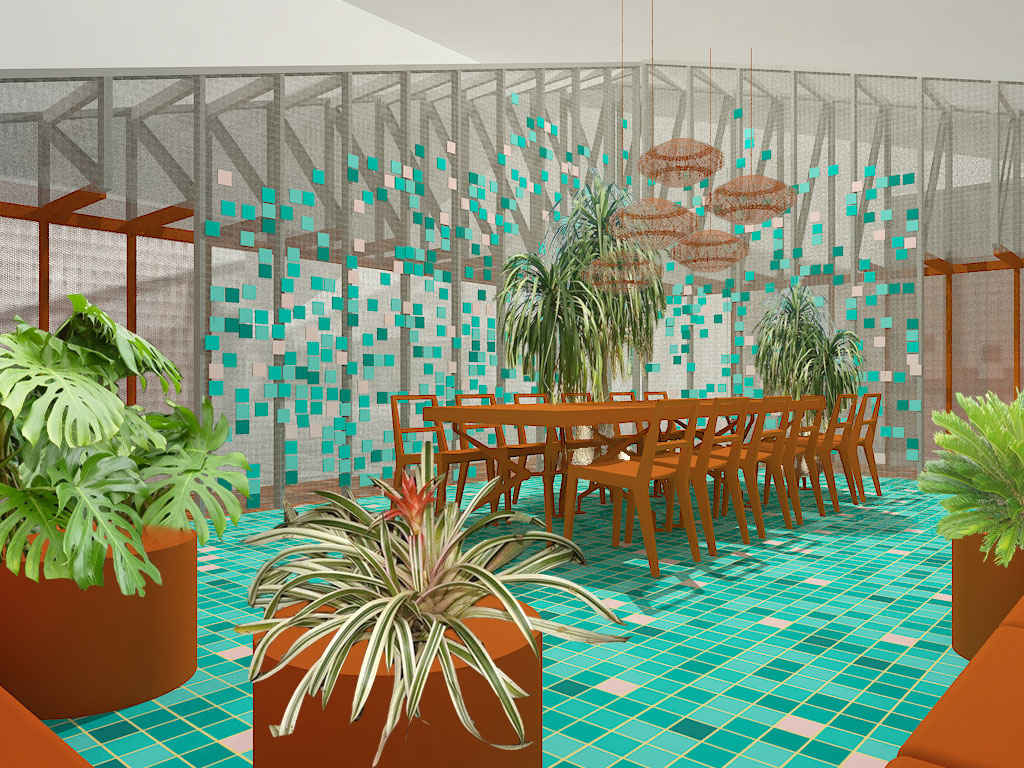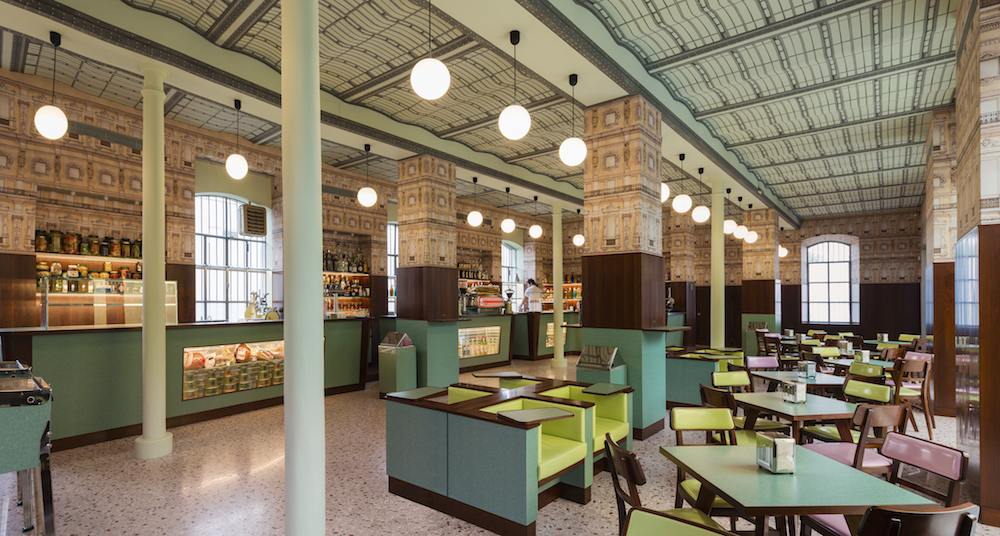Since 2000, the Serpentine Gallery in London’s Kensington Gardens has commissioned an architect to construct a summer pavilion to serve as a site for public discourse and programming. Representing a diverse group of globally celebrated architects and artists including Zaha Hadid (2000), Oscar Niemeyer (2003), Alvaro Siza (2005), Jean Nouvel (2010), Herzog & de Meuron and Ai Weiwei (2012) and Kunle Adeyemi (2016), the commission is a showcase for varying perspectives on how architecture can create an envelope for community building.
This summer visitors to London can find refuge in Burkinabe architect Diébédo Francis Kéré’s open-air pavilion. The wooden canopy supported by a steel structure is inspired by the tree that serves as a central meeting point in his hometown of Gando. “My experience of growing up in a remote desert village has instilled a strong awareness of the social, sustainable, and cultural implications of design,” Kéré explains in the video below. “I believe that architecture has the power to, surprise, unite, and inspire all while mediating important aspects such as community, ecology and economy.”
The canopy not only offers shade and protection from inclement weather in rainy London, but also funnels rain water towards the central courtyard to create a waterfall effect. The effect emphasizes water as a vital element of sustaining life. Modular wooden panels are assembled to create a wall with apertures, filtering natural sunlight and ventilation through the space. In his artist statement, Kéré describes the importance of light and community in his work:
In my home village of Gando (Burkina Faso), it is always easy to locate a celebration at night by climbing to higher ground and searching for the source of light in the surrounding darkness. This small light becomes larger as more and more people arrive to join the event. In this way the Pavilion will become a beacon of light, a symbol of storytelling and togetherness.
 Gando Primary School; Gando, Burkina Faso. Photo by Enrico Cano
Gando Primary School; Gando, Burkina Faso. Photo by Enrico Cano
Inspired by Kéré’s stories of gathering, debate and community, Amal Khalaf, Projects Curator, programmed a weekly series of community picnics at the pavilion. Every Wednesday at 1PM beginning on July 5th and continuing for eight weeks, the Radical Kitchen program invites community-based organizations to assemble at Kéré’s pavilion to “share their recipes for creating and sustaining meaningful social change in the city.” Lunch will be prepared by Mazí Mas, a pop-up restaurant and social enterprise established for and run by migrant women to give skilled home cooks training, payment and support to create a sustainable livelihood for themselves.
MOLD spoke with Khalaf about Radical Kitchen, the connection between food and architecture, and sustainable practices for community building in London:
MOLD: Why is public dialogue and community building important in London today?
Amal Khalaf: London is a city where we see public space disappearing fast, and cities without vibrant, dynamic public spaces do not allow people to meet, exchange, disagree, debate. This increased privatization alongside the effects of austerity have left many Londoners feeling excluded from shaping the future of this city. Even the simple act of meeting to try and create solutions and changes becomes a difficult act—this is something we come across time and time again when we do large scale projects with communities as part of our Education program.
What is the role of architecture in engaging the surrounding community and providing a platform for public dialogue?
Francis Kéré is an architect who truly believes in the importance of creating spaces that foster social interaction and community building. We wanted to respond to his vision with a program that gives a platform to grassroots campaigns and projects that are actively shaping and changing the future of their communities.
We have invited groups and campaigns from London that are organizing people in exciting and vital ways around urgent issues. We wanted to break bread with them, to eat together and speak about their work; to hear how their projects ‘survive’ and how these very passionate and active organizers sustain themselves and their work. And who better to host these picnics than an inspiring social enterprise like Mazí Mas?
 Mazi Mas will be serving lunch at Radical Kitchen, a weekly program to gather and feed community organizers at Francis Kere’s 2017 Serpentine Pavilion. Photo by
Mazi Mas will be serving lunch at Radical Kitchen, a weekly program to gather and feed community organizers at Francis Kere’s 2017 Serpentine Pavilion. Photo by
How does food and sharing a meal connect to fostering these conversations?
Radical Kitchen is also inspired by the importance of food and eating together in the histories of social movements, such as the Black Panther’s Free Breakfast program. We wanted to pay tribute to the individuals, campaigns and projects that we see making changes and holding space for and sustaining their own communities against all odds. Eating together is a powerful act of community and care. And food is a medium through which we can tell our own stories, and connect across time and space. Our goal is authentic relationship building, the nourishment of ideas and the desire to make a change together while honoring that those who care for others should be cared for too.
This socially engaged and ecological approach to architecture has brought Kéré’s work to audiences beyond his studio practice in Berlin—solo shows in Munich and Philadelphia, an immersive installation at London’s Royal Academy and numerous honors from institutions like the American Academy of Arts and Letters and The Aga Khan Award for Architecture.
 Gando Primary School; Gando, Burkina Faso. Photo by Simeon Duchoud
Gando Primary School; Gando, Burkina Faso. Photo by Simeon Duchoud
The architect also founded the Kéré Foundation in 1998 to fund the construction of the award-winning Gando Primary School and the foundation continues to build essential structures in the village including a women’s center, library, rainwater basins and a first aid center.
Radical Kitchen is hosted by a different community group each Wednesday at 1PM at the Francis Kéré’s Pavilion for the Serpentine Gallery, Kensington Gardens. Now through August 23.


